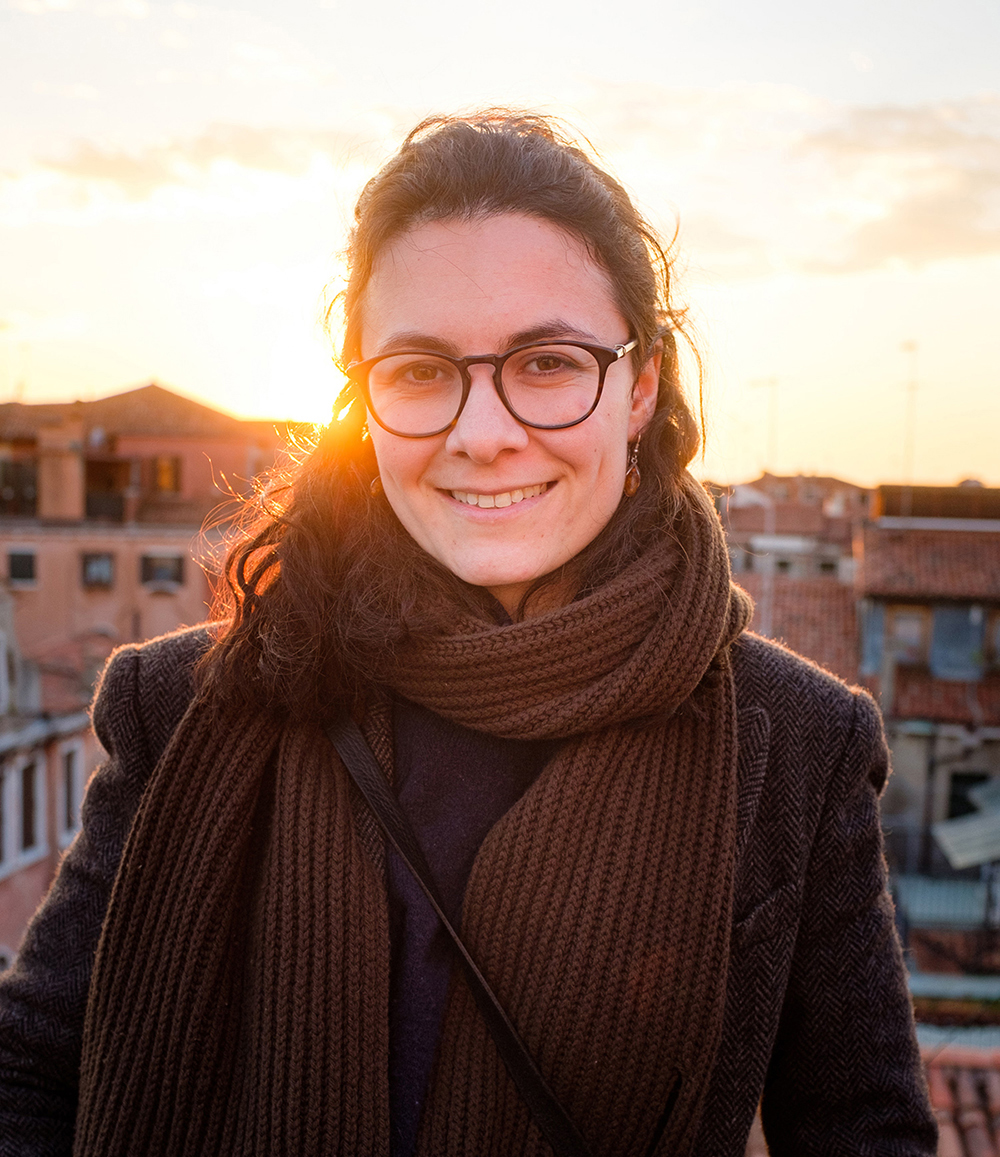
Lillian Datchev
My project examines how and why the study of the past came to systematically rely on both textual and material sources in early modern Europe. I find that this intellectual change did not originate in erudite humanist circles, as modern scholars have thought, but rather in a broader culture special to a certain political and social elite in the late Middle Ages. In Italy and the Italian colonies and commercial outposts in the eastern Mediterranean and Black Sea regions, the elite developed cultural practices involving material antiquities, such as inscribed plaques, statues, and coins, long before the rise of humanism. Merchants, in particular, who partook in these practices, had a special set of skills necessary to their profession that proved useful in the discovery, observation, and description of these objects. As the practices grew in popularity, facts accumulated, until in the fifteenth century merchants began to apply their craft skills to systematic investigations of the past.